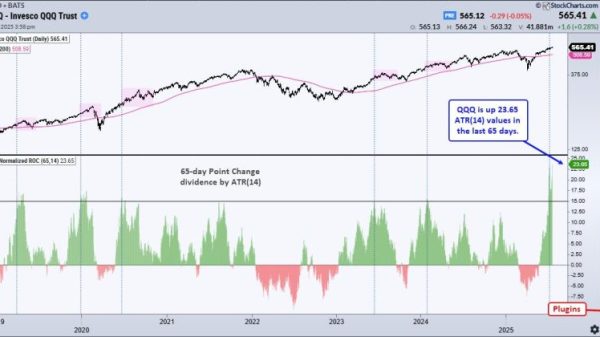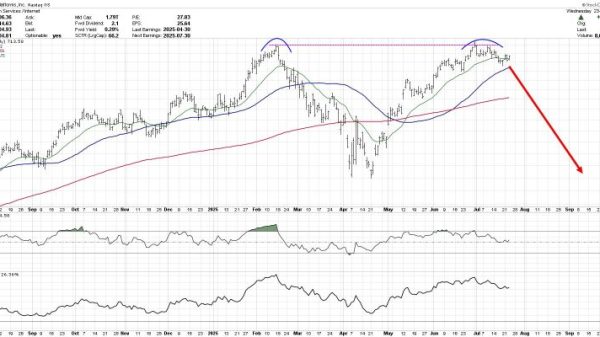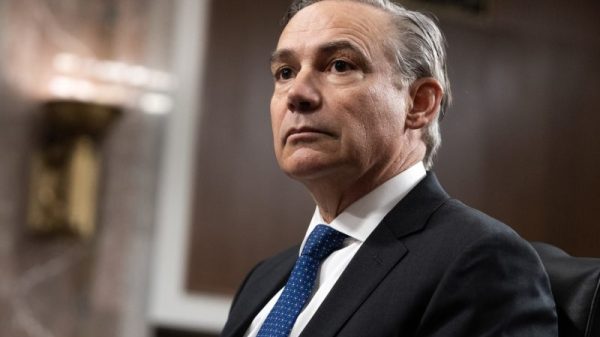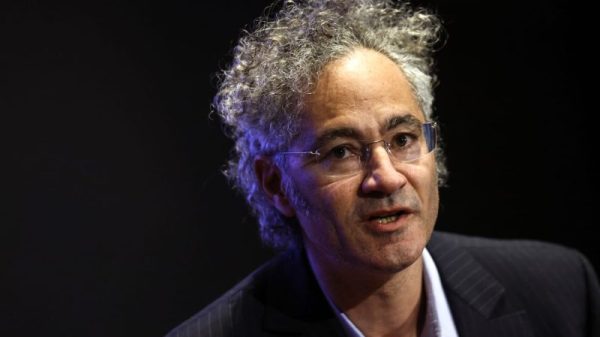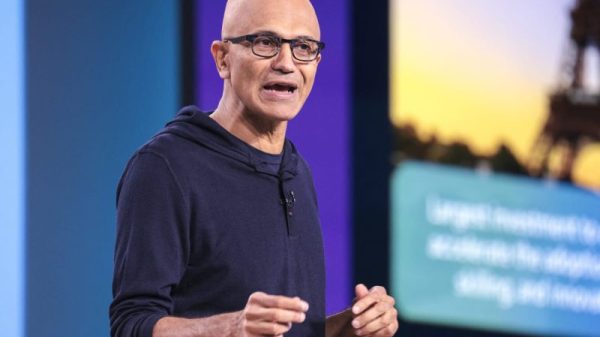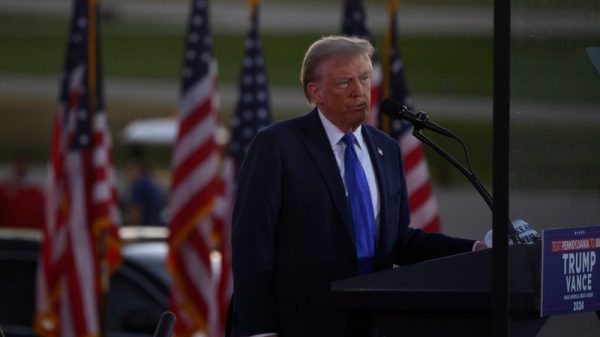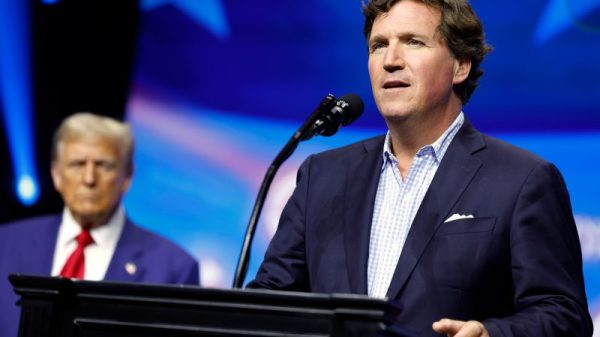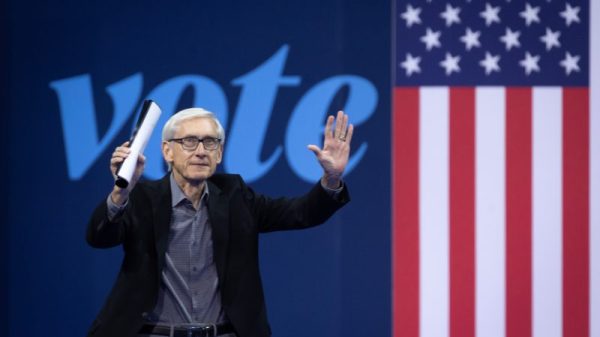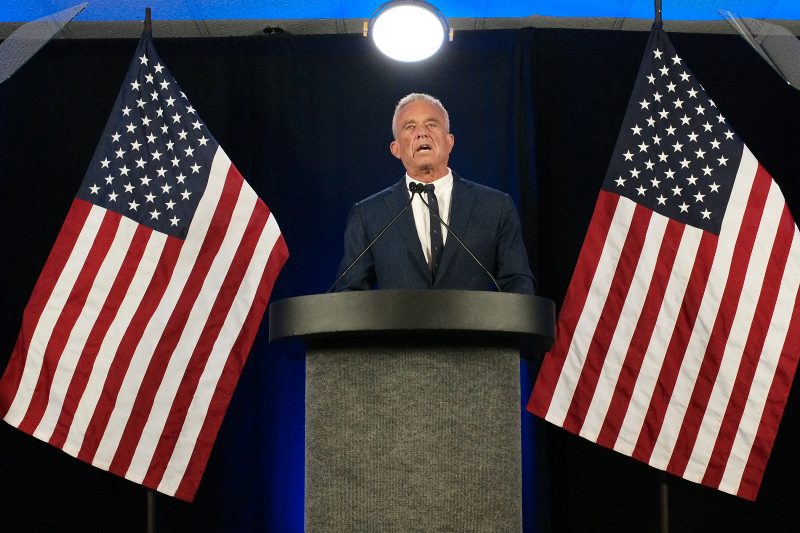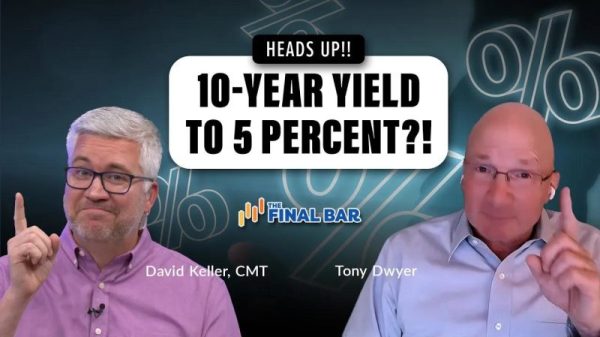The promise of Robert F. Kennedy Jr.’s independent 2024 campaign was always something of a mirage. His famous last name combined with the unpopularity of President Joe Biden and former president Donald Trump allowed Kennedy, for a time, to poll better than any third-party candidate had since Ross Perot in the 1990s — near 20 percent.
But his steady decline since then makes it clear that this was never about firm support of Kennedy the candidate.
And Friday, Kennedy’s campaign effectively concluded with another mirage — one that epitomizes how unserious a candidate he proved to be.
Kennedy announced that he is suspending his campaign, as expected, and endorsing Trump, as expected. There is reason to believe this could help Trump on the margins. That’s because Kennedy’s few supporters (he’s down to about 5 percent in the polling averages) tend to lean more toward Trump and the GOP.
But Kennedy didn’t stop there. He insisted he is suspending but not ending his campaign. And he even fantasized about a scenario in which he could still become president.
It is not a realistic proposal.
Kennedy signaled that he would seek to withdraw from the ballots only in the swing states, while remaining on the ballots in firmly blue and red states. The idea is that he could still amass votes without being a spoiler in the states that matter.
Why would those votes be important? Because he argued he could still be elected if Trump and Vice President Kamala Harris split the electoral college vote and there was no outright winner.
“If you do vote for me, and neither of the candidates win 270 electoral votes, which is quite possible — in fact, today our polling shows them tying at 269-269 — I could conceivably still end up in the White House in a contingent election,” Kennedy said.
What Kennedy is describing is indeed theoretically possible, but I can’t emphasize “theoretically” enough.
The Constitution says that if no candidate receives a majority of the electoral votes, the winner is decided by the House, with each state’s delegation casting one vote. (There’s a great primer on all this here.)
The current makeup of the electoral votes in each state means there are some legitimate scenarios in which each candidate ends up with 269. It’s why Trump has pushed for Nebraska to stop awarding electoral votes by congressional district — in hopes of winning a single electoral vote in a blue-leaning Omaha-based district.
For Kennedy’s idea to work, the electoral college would deadlock and the House would somehow skip over the top two finishers for him, perhaps because the state’s delegations also deadlocked over which one they preferred.
But even aside from the far-fetched idea that the House would skip over those two candidates for Kennedy — someone Democrats in particular have no love for — there’s the small matter of how it doesn’t appear that Kennedy would even be eligible in that scenario.
The 12th Amendment states that, in a contingent election, the states would choose “from the persons having the highest numbers not exceeding three on the list of those voted for as President.” In other words, from the top three candidates.
But professor Derek Muller of Notre Dame Law School noted that the third-place finisher must actually win an electoral vote — not just finish in third place in the popular vote.
“If there is a 269-269 tie, only Trump and Harris could be considered under the 12th Amendment,” Muller said. “In order for Kennedy to be considered, he’d need to win at least one electoral vote.”
What this means in practice? It wouldn’t actually be a tie. Kennedy would have to snag an electoral vote somehow. His depressed poll numbers suggest he’s not close to winning a state or a congressional district in one of the two states that divvy up electoral votes by district (Nebraska and Maine).
So he’d basically have to rely upon a “faithless elector” to cast an electoral vote for him that was designated for someone else. But the vast majority of states have laws prohibiting faithless electors.
To recap: We somehow wind up with a tie. He somehow gets an electoral vote. And the House somehow goes for a guy who didn’t truly win a single electoral vote.
“Kennedy seems to be going beyond reality in his quixotic quest to matter,” said Paul Beck, an emeritus professor of political science at Ohio State University.
The final point here is just how discordant this bank-shot-upon-bank-shot theory is next to the other things Kennedy was saying. In announcing his endorsement of Trump, Kennedy pitched the Democratic Party as being anti-democratic, including by citing the fact that Harris has become her party’s nominee despite failing to win a single delegate when she ran in the 2020 primaries.
But here was Kennedy pitching a scenario in which he would somehow be elected president apparently without winning a single electoral vote — or even running a campaign.






